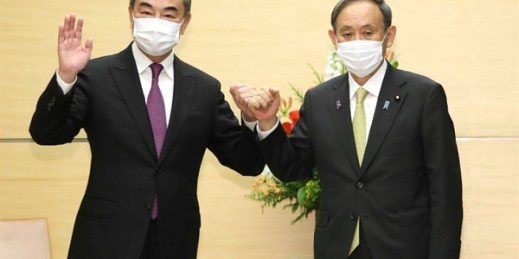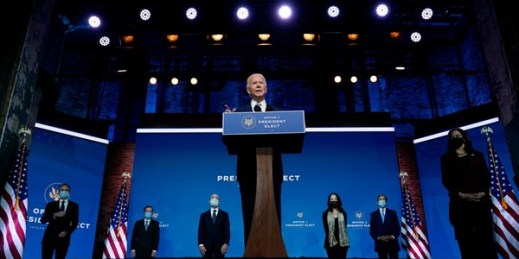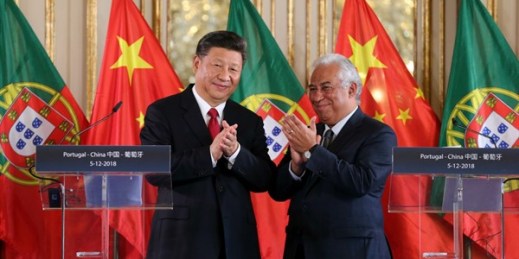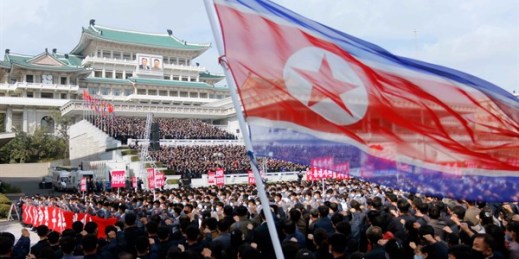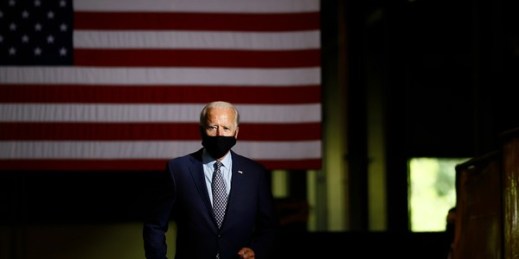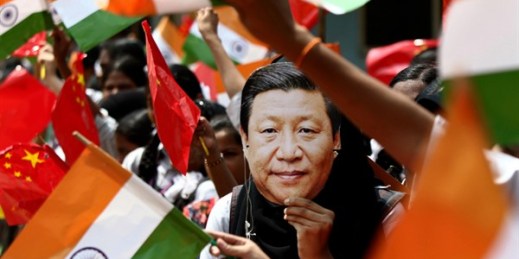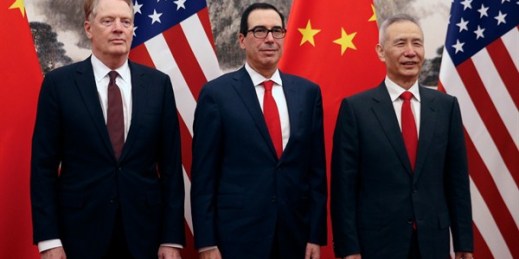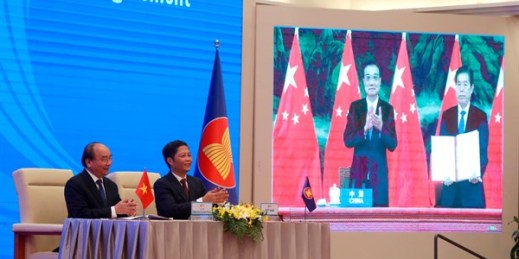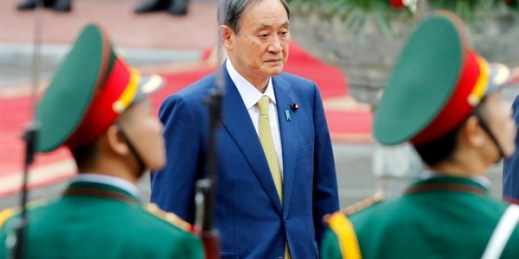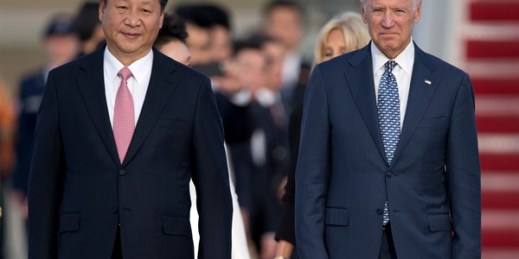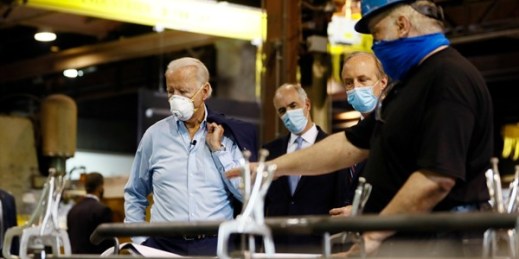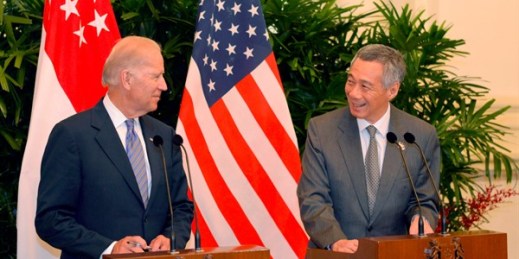
Although President Donald Trump has not conceded the United States presidential election and is mounting multiple dubious legal challenges to the results, President-elect Joe Biden is moving ahead with the transition. While Biden did not focus on Southeast Asia during his time as vice president from 2009 until 2017, he probably has more extensive foreign policy experience than any incoming president in decades, save perhaps George H. W. Bush. In addition, his policy team includes a deep bench of experts on the Asia-Pacific region. When it comes to Biden’s approach to Southeast Asia, persistent tensions in the U.S. relationship with […]

